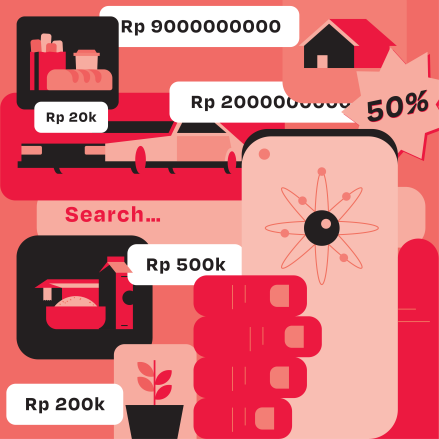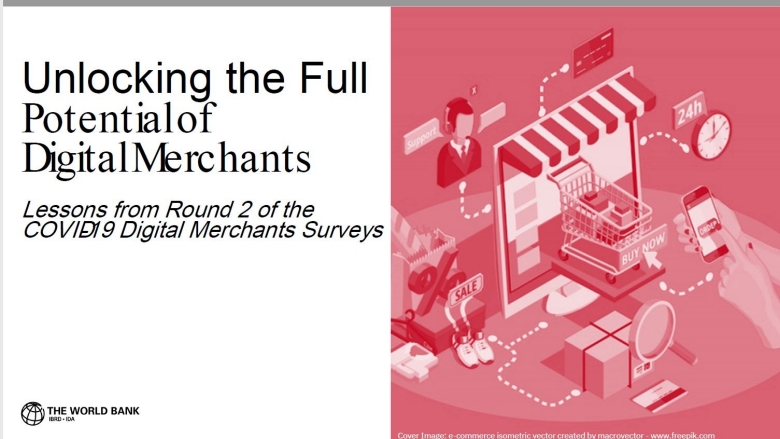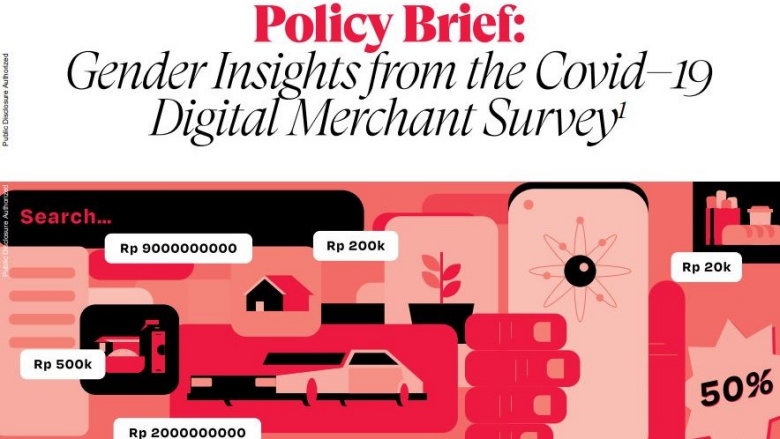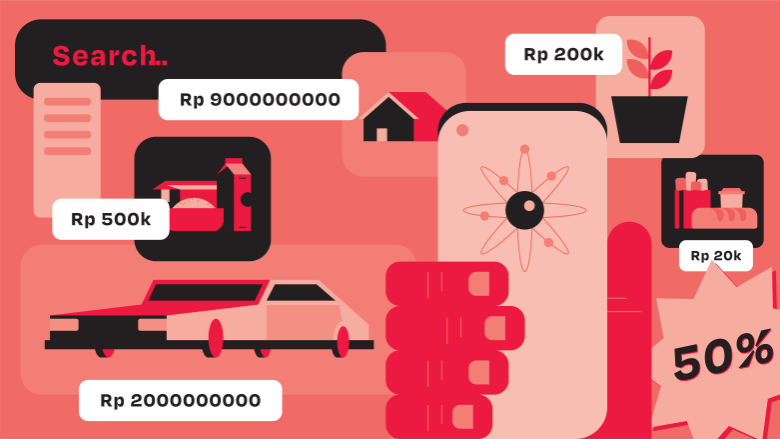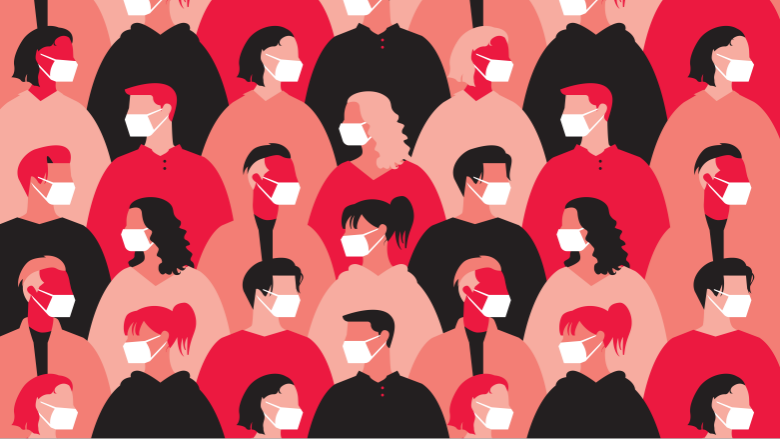www.worldbank.org/indonesia/covid19monitor
Set up in March 2020 with support of the Australian Government through the Partnership for Knowledge-Based Poverty Reduction Trust Fund and the Bill and Melinda Gates Foundation, the World Bank Indonesia COVID-19 Observatory is a constellation of quick-deploying data collection efforts that respond to this demand. It aims to generate near-real-time insights on the impact of the COVID-19 crisis and inform the policymaking process by identifying gaps that may require scaling up or redirecting of policy responses to under-covered areas as the crisis unfolds.
The observatory monitors:
- Social media platforms while conducting rapid polls to solicit information on citizen knowledge, concerns, and sentiments, including policy responses.
- Socioeconomic impacts of COVID-19 on households through a national phone-based high-frequency (HiFy) survey that tracks impacts of COVID-19 on over 4,000 households during the emergency response and economic recovery phases of the pandemic.
- Impacts on firms through surveys with a focus on merchants that sell on large online platforms.



